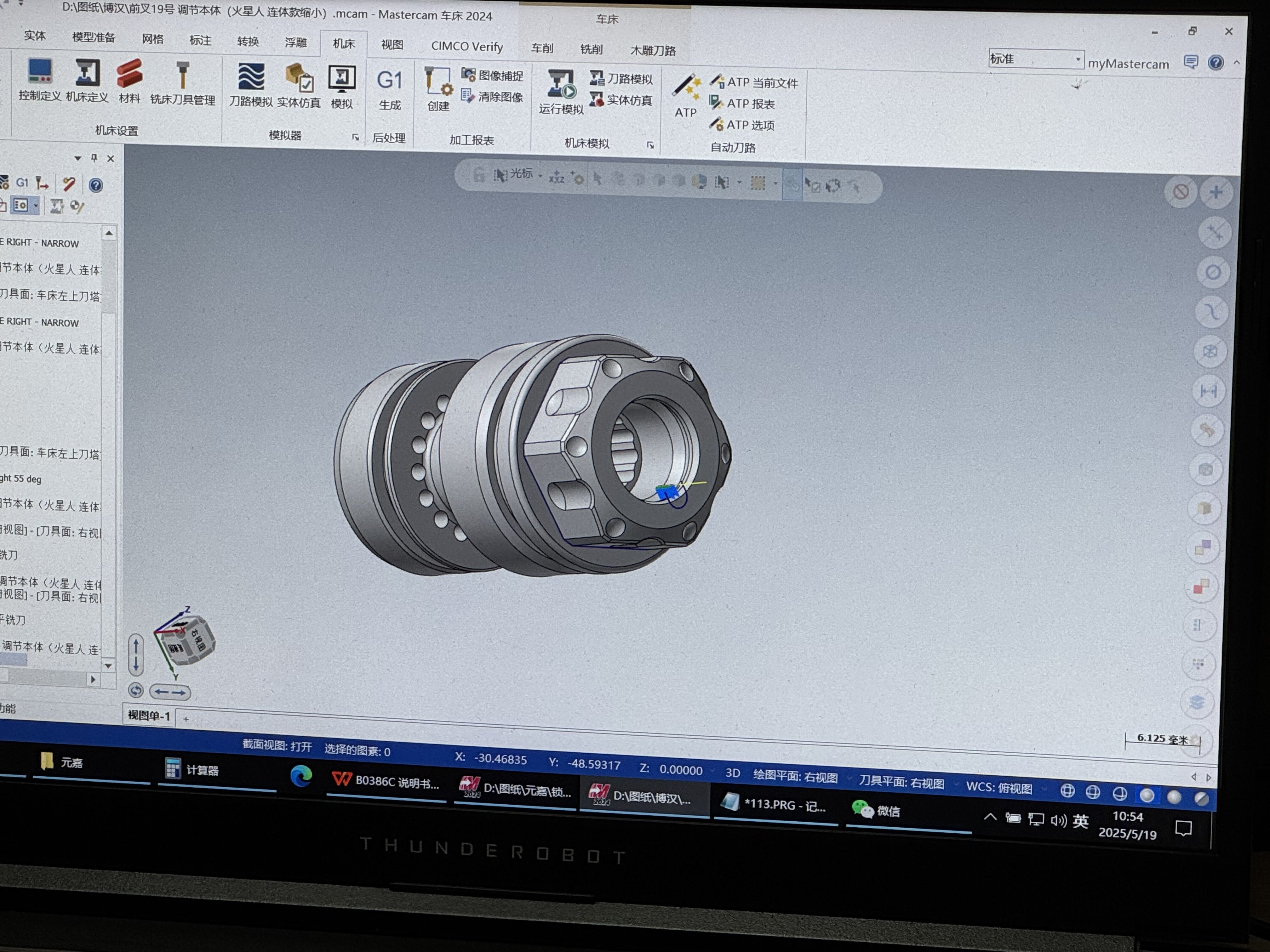CNC machining for medical implants involves the precise manufacturing of devices intended for human implantation, requiring the highest levels of precision, biocompatibility, and quality control. Medical implants, such as orthopedic plates, spinal screws, and dental implants, are typically machined from biocompatible materials like titanium alloys (e.g., Ti-6Al-4V), stainless steel (316L), or cobalt-chromium alloys, which are resistant to corrosion and compatible with the human body. CNC milling and turning processes are used to create complex geometries that match the patient's anatomy, often guided by 3D models generated from medical imaging data. For example, a custom knee implant may be CNC-machined to fit the patient's specific joint structure, ensuring optimal function and comfort. Surface finish is critical for medical implants, with processes like electropolishing or acid etching applied to create smooth surfaces that promote osseointegration (bone growth) or reduce the risk of infection. Quality control in medical implant machining is extremely rigorous, with each part undergoing extensive inspection, including dimensional verification, material testing, and biocompatibility validation, to meet regulatory standards such as FDA guidelines and ISO 13485. The precision and reliability of CNC machining make it indispensable for producing life-saving and life-improving medical implants with the highest standards of safety and performance.


Copyright © 2025 by Xiamen Shengheng Industry And Trade Co., Ltd. - Privacy Policy